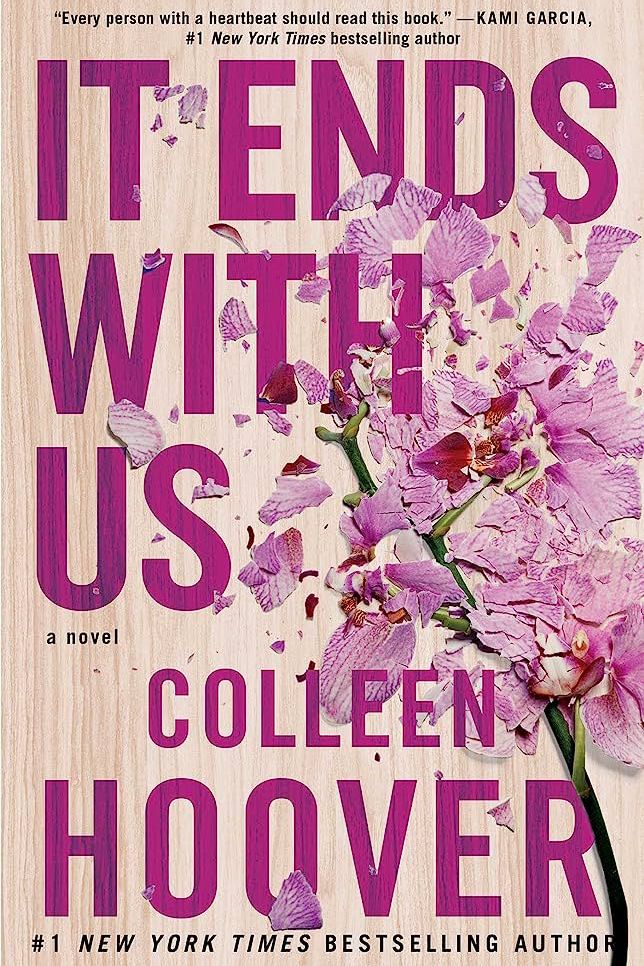Summary
- Lively and Baldoni give great performances, creating captivating chemistry on screen.
- Baldoni realistically tackles sensitive topics, encouraging viewers to look for signs of abuse.
- The film prioritizes romance over important commentary, ultimately falling short in its execution.
For his third feature length film, director Justin Baldoni returns to the romantic drama genre to tackle serious issues like domestic violence and cycles of abuse. Adapted from Colleen Hoover’s 2016 novel of the same name, It Ends with Us is a mixed bag of great acting and good direction begging to escape its hazy narrative. There’s passion and chemistry among the leads, and Baldoni does a nice job of creating scenarios that have us imagining ourselves in this situation. Yet, it all feels emotionally manipulative and pulls too much from romantic tropes when its serious themes deserve the spotlight.
Blake Lively stars as Lily Bloom, an up-and-coming florist who has recently opened a shop in Boston. We first meet Lily after her father passes away. Clearly, there are residual feelings of disdain for him when she shows up to his funeral. Lily couldn’t even come up with a list of five things she loved about her father, a list she was willing to read from a shriveled up piece of tissue. In an attempt to escape her traumatic past, she heads for Boston with all her belongings, ready to start her life anew.
Baldoni Takes A Realistic Approach To Directing Sensitive Topics
One evening, Bloom meets the charming and handsome neurosurgeon Ryle (Baldoni) on a romantic rooftop. Even though they meet in a brief, heated circumstance, sparks begin to fly. Right away, Baldoni and Lively reel us in with their infectious chemistry. Baldoni also plays his directorial cards right by letting us indulge in the fantasy. Lily is a regular woman, after all, with standard career goals and a below-average wardrobe. That doesn’t bother Ryle — the fact that Lily is not like other women is what draws him in closer, enough to break his “no relationship” code.
If you watched the trailer, you’d know the perfect con awaits you towards the end. But how Baldoni sets it all up is the more interesting part of this feature. With flashbacks inserted at perfect times, the director subtly encourages us to “look for the signs” without being direct. It also serves as an important realization that domestic violence never looks like itself when you’re not actively seeking out the red flags. It also helps to put ourselves in the shoes of survivors. When violence ensues, recognition is almost immediate. Leaving is the more challenging decision and action to take.
Despite Baldoni laying the groundwork for what should have been a great film, something is missing from It Ends with Us. Perhaps it’s due to the long, romantic scenes taking priority over anything else. Or maybe it’s because of the somewhat excusatory explanation the script gives for Ryle’s behavior. Either way, it doesn’t feel like there is enough effective commentary on the sensitive topic that should be on display here. This may be a bit of a reach, but I can’t shake the feeling that maybe the source material just isn’t as good as we originally thought.
Narrative Mishaps Prevent It Ends With Us From Being A Great Film About Ending The Cycle Of Abuse
My reasons may seem a bit extreme, but there are just too many moments that didn’t feel right. As soon as Lily comes to the realization that she has indeed fallen victim to her biggest fear, her immediate thought is to run to her ex. I understand when there’s an opportunity for safety, our biggest instincts take over and logic escapes us. But did it have to play out like this? Many of Lily and Ryle’s conversations leading up to the explosive events lean towards victim blaming. It goes without saying, but we are so past the need for that.
When it’s all said and done, most of what we get in It Ends with Us feels like a romantic drama that takes a drastic turn for the worse. Realistically, the signs were there, which is why Baldoni’s execution of such tricky and sensitive circumstances work. It’s unfortunate how I could then walk away from the film wanting more from the narrative. For a story centered on childhood trauma, domestic violence, and the cycle of abuse, these themes feel like afterthoughts when they could have been its strength. It’s certainly lacking, but hearts were in the right place.
It Ends with Us is in theaters Friday, August 9. The film is 130 minutes long and rated PG-13 for domestic violence, sexual content and some strong language.
Based on Colleen Hoover’s 2016 novel, It Ends With Us is a drama-romance film directed by Justin Baldoni. The film follows a recent college graduate named Lily, who meets a man named Ryle and falls in love with him. However, a traumatic incident compounded with her former high-school sweetheart re-entering her life complicates her plans.
- Lively and Baldoni give great performances
- Baldoni directs this story with realism and care
- The romance takes priority over the important commentary
- The narrative comes off unfocused and hazy


